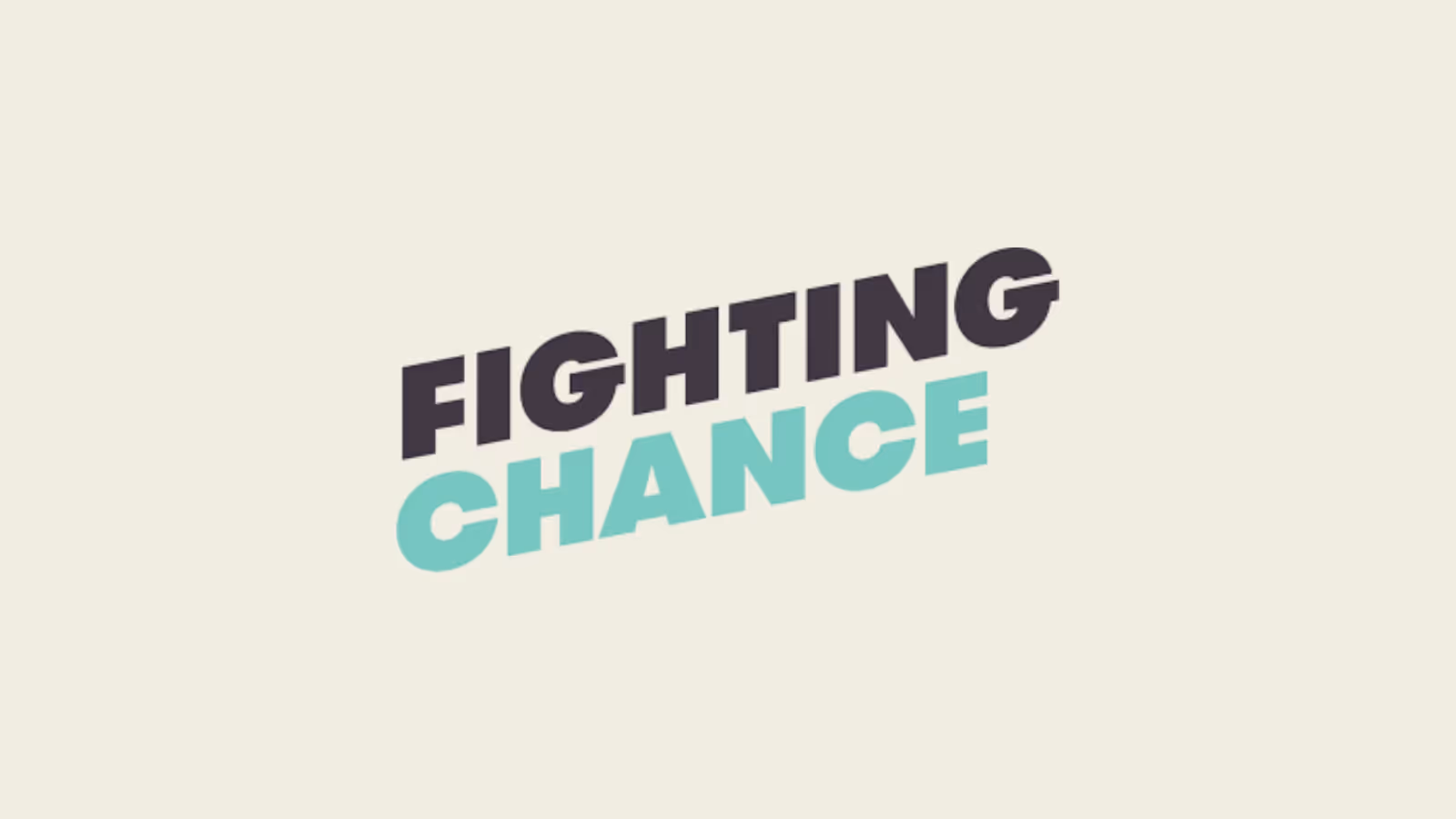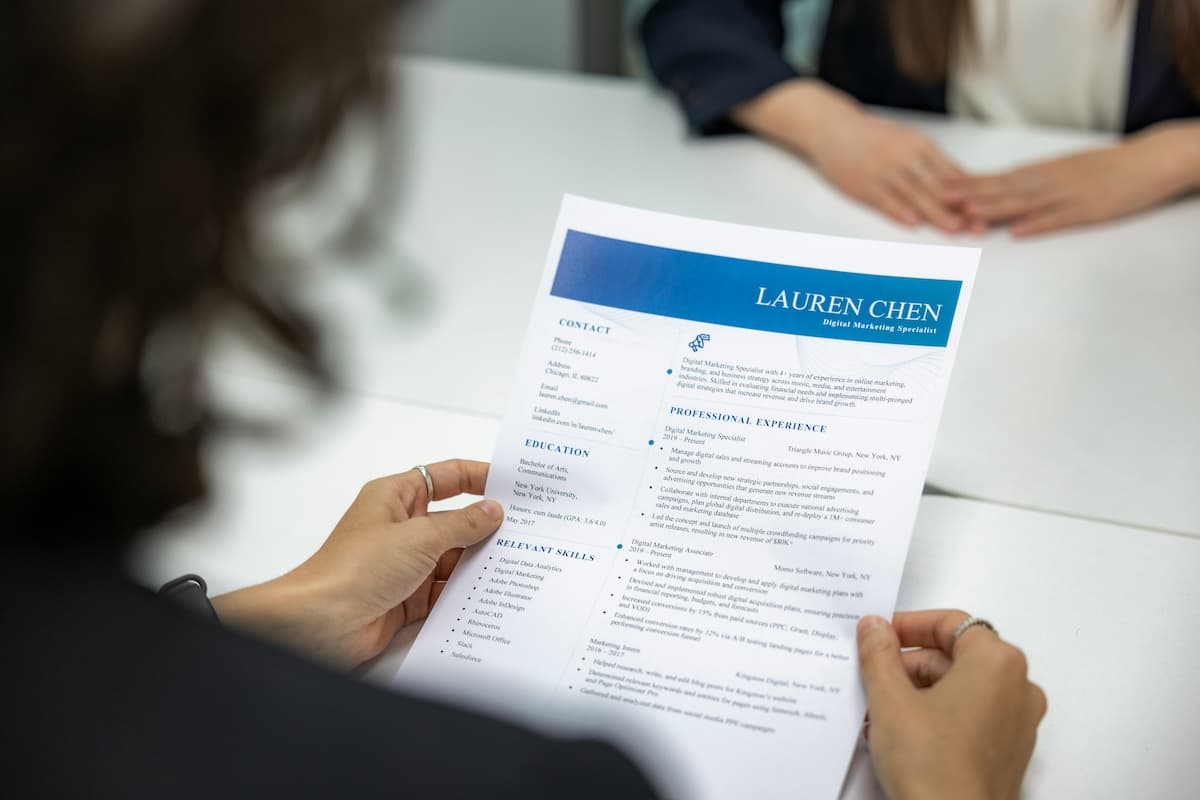WTF Are Psychosocial Hazards
WTF are psychosocial hazards? Simple guide for small businesses and startups.

Psychosocial hazards and their role in work health and safety is a hot topic right now, but what does is actually mean for start-ups and small businesses? We recently wrote an article on this and if you’re scratching your head wondering “WTF are psychosocial hazards?” you’re not alone. Let’s break it down.
What is a psychosocial hazard?
Psychosocial hazards are elements within the workplace that can negatively impact an employee’s psychological health and well-being and may cause psychological or physical harm. A psychosocial hazard arises from or relates to the design or management of work, the working environment, and workplace interactions or behaviours.
These hazards can include factors such as job demands, low job control, poor support, lack of role clarity, poor organisational change management, and bullying.
These aren’t just your typical stresses of a deadline or a busy season—they’re more insidious and can lead to serious mental health issues if left unaddressed.
Why your start-up needs to know about psychosocial hazards
Creating a workplace that promotes positive mental health is not only better for your business’s bottom line, but also ensures you are taking action to manage risks and ensure compliance.
In April 2022 amendments to the Work Health and Safety Act were introduced which mandates that all business are required proactive action to prevent harm to their workers, the outcomes of non-compliance can include WHS investigation, fines, and legal action. The Psychosocial health and safety Code of practice regulates that even small business are required to take proactive action to prevent psychological harm to their workers.
As a small business your people are your biggest asset, and creating a workplace that supports worker mental health improves retention and ensures you are an employer of choice. The future workforce Gen Z, has identified Mental health support as an minimum expectation from their future employers.
Common Psychosocial hazards for start-ups
Workplace Bullying and Harassment
This includes any repeated, unreasonable actions directed towards an employee or group of employees, intended to intimidate, degrade, or humiliate. Misha Garg and Lucy Wark formed a website called Grapevine to share personal stories about harassment and discrimination in Australian tech companies and start-ups. Misha Garg believes the rapid growth of the Australian start-up sector over the past decade has made it more susceptible to issues of bullying and harassment.
High Job Demands with Low Control
Start-ups are notorious for high stress, long hours. When employees are overloaded with work but have little say in how they perform their tasks, it leads to a sense of helplessness and burnout. A European study found 87% of start-up employees said that working at a start-up had negatively impacted their mental health at some point with 84.5% pointing at burnout as the cause.
Remote work
For example, the 2023 State of Remote Work report by Buffer, Nomad List and Remote OK reveals that 23% of remote workers struggle with loneliness because they thrive on the energy of others to feel motivated and productive. For others, when home becomes the primary workspace, they can’t keep the lines between their personal and professional lives from blurring.
Getting started
The first step is to take the time to consult your workers and listen to concerns they might raise about the design of work, safety or risk issues, and the workplace culture. Your workers are also best placed to be able to offer any solutions or suggestions that may improve the psychosocial health and safety of the work environment.
Under the Psychosocial Health and Safety Code of Practice business need take action to assess risks and mitigate any harm as much as reasonably practicable.
- Identify psychosocial hazards and risks
- Assess the impact of psychosocial hazards
- Consider actions to manage and mitigate these risks as much is reasonably practicable
- Monitor and review these actions to ensure they keeping workers safe
Don’t Be Caught Out By Invisible Hazards
Addressing psychosocial hazards is crucial for promoting mental health, ensuring compliance with safety regulations, and maintaining productivity and employee retention. Start-ups face specific challenges such as workplace bullying, high job demands with low control, and issues related to remote work.
At Foremind, we’ve developed a range of tools to help businesses develop a strong psychosocial safety system get you started with your risk management process, and easily keep track of any documents any actions taken.
Help is always available
Here are some useful resources for more help – for you and for your team:
- Lifeline – 13 11 14 and https://www.lifeline.org.au/ – offers fee, confidential, 24/7 telephone crisis support and lots of info and resources on their website
- Beyond Blue – https://www.beyondblue.org.au/ – info and support about mental health and suicide prevention
- Heads Up – https://www.headsup.org.au/ – the part of Beyond Blue that is specially developed for mental health in the workplace
This post has discussed challenging topics, which can be confronting for particular readers. If you need support, please feel free to contact Lifeline on 13 11 14 or 000 if you need immediate help to stay safe.
Find out more about how Foremind is making access to mental health mainstream for workers and supporting companies manage their Psychosocial Hazard compliance!

Hello 👋 I’m Joel the founder of Foremind.
Are you ready for simplified support & compliance?
Latest insights
Answers to the frequently asked questions.
Email us at enquiries@foremind.com.au and we'll get back to you quickly with a response
Yes, we have culturally competent counsellors available, including those able to work with first nation and CALD employees.
Onshore on secure AWS Servers in Sydney Australia. All data is encrypted in transit and at rest and our entire team is located in Australia.
Employees can access our platform on any device (mobile, laptop, desktop, etc.) as long you have the website link - no need to download any app on devices. You wouldn’t need to enrol any of your staff individually.- When we do our onboarding, we ask for the first name, last name and email of all your employees, and send out an email invite to all them which will allow them to create their own individual account to access the platform. For new staff we can also invite them or provide you with a unique link to embed in your onboarding process, whichever is more convenient for you. We also kick things off with a launch webinar or video to make sure everyone is aware of Foremind and how to use it. We’ll also provide you with any collateral such as posters, QR codes, brochures etc. to help drive awareness and encourage people to create an account in the platform.
The support line is answered by our reception service 24/7. It is for urgent platform or session-related issues only (e.g. *“My counsellor didn’t show”*) or helping staff create an account.






